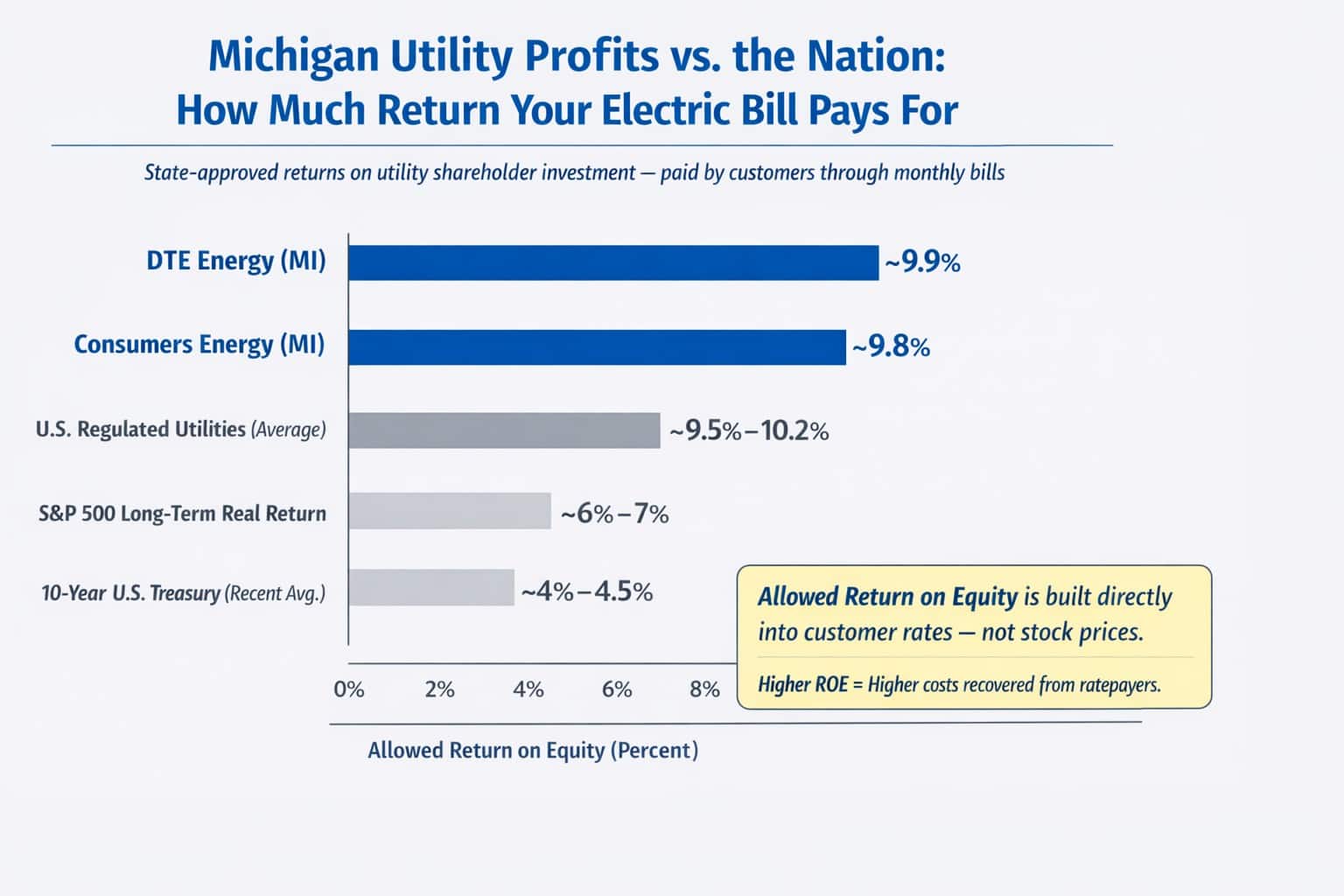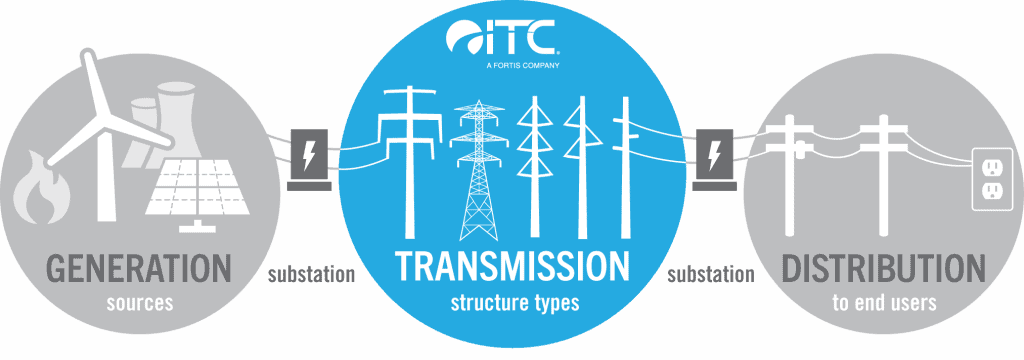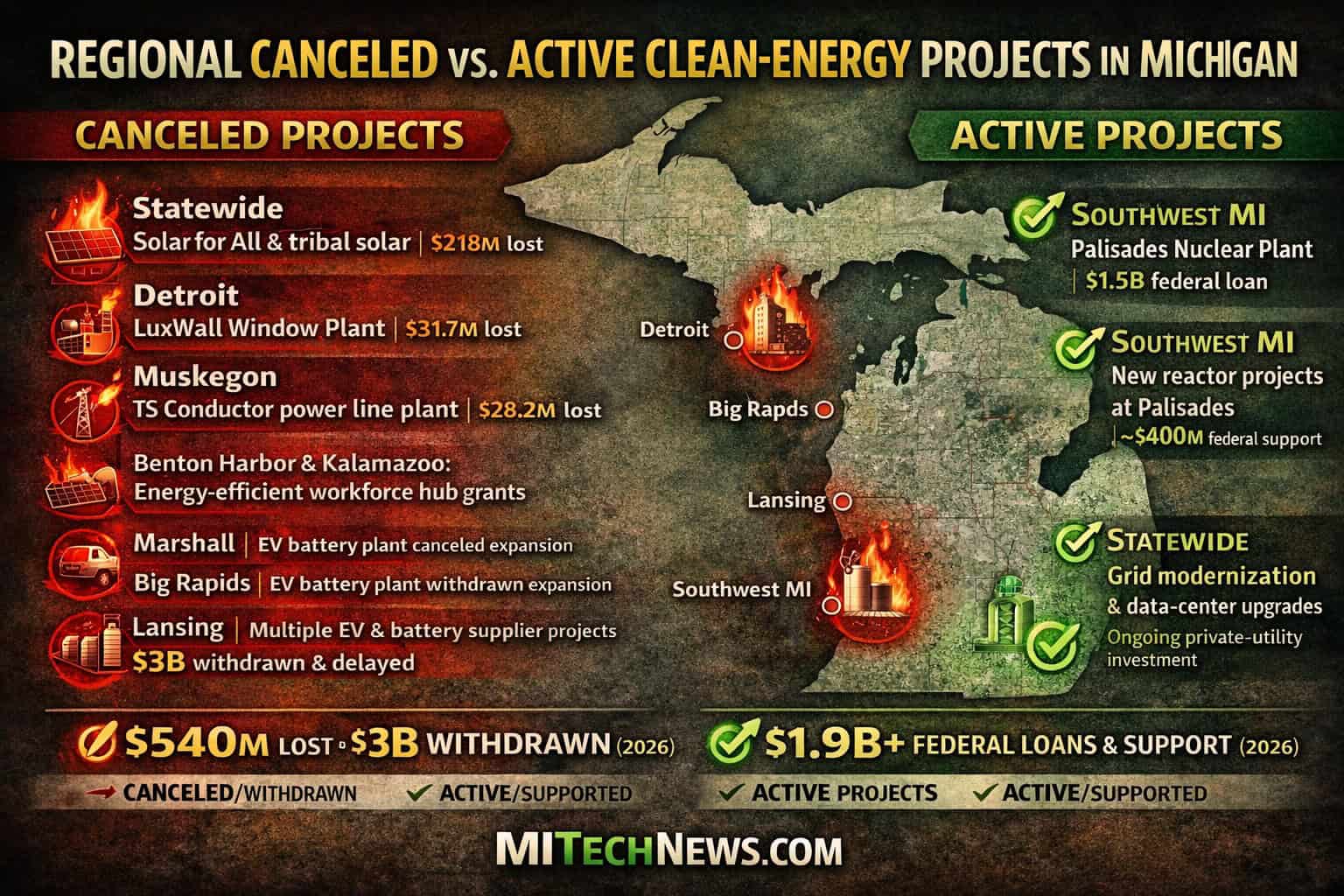DETROIT – DaimlerChrysler will partner with General Motors in a bid to develop a new generation of hybrid powertrains – and battle Japanese manufacturers which lead in this environmentally safer, less foreign-petroleum dependent market segment to power 21st century cars and trucks.
GM and DC have signed a tentative agreement to develop a two-stage hybrid system, which officials from the two companies claim will provide significantly better mileage, as well as improved performance, when compared to current gasoline-electric technology.
The unexpected announcement suggests that the two manufacturers are placing increasing emphasis on the fuel-efficient technology, and hope to get it to market sooner, and at lower cost, than would be possible were they to continue working independently, reports TheCarConnection.Com.
The goal is to “rapidly advance the state of hybrid technology in the industry,” said Eric Ridenour, executive vice president of product development for the Chrysler Group, by combining the expertise of the two manufacturers. Specific details of the agreement – which will be formally signed early next year – have yet to be worked out, according to DaimlerChrysler board member Thomas Weber. But he and other GM and DC executives provided a glimpse of what they have in mind.
The two-stage technology will use a sophisticated new gearing system that would improve torque at a wide range of speeds. That should permit such a system to improve mileage at the highway speeds Americans tend to drive at. Current hybrid systems, such as the Toyota Hybrid Synergy Drive, may actually yield lower mileage on freeways than a conventional gasoline engine. Together, DC and GM plan to develop three versions of their new technology, and expect them to be usable in a wide range of products, from small cars to large trucks. Diesel and gasoline versions may be developed, as well. Total development costs will be “in the hundreds of millions of dollars,” hinted GM powertrain director Tom Stephens. Early version may hit the road as early as 2007.
Both GM and DaimlerChrysler have been slow to embrace the hybrid concept, but appear under pressure as Toyota and Honda heavily promote the technology. Hybrids will have accounted for less than 0.3 percent of global motor vehicle sales this year, noted Stephens, but by 2020, various analysts believe that could grow to anywhere from five to fifteen percent. According to Weber, the primary application will be in the U.S., though there might be opportunities in Europe and other parts of the world. The new partners also suggested they might encourage additional manufacturers to sign on, though it was left unclear whether they could enter in full partnership or simply as customers for the new technology.
This story was provided by content partner TheCarConnection.Com. To subscribe, click on www.thecarconnection.com.






